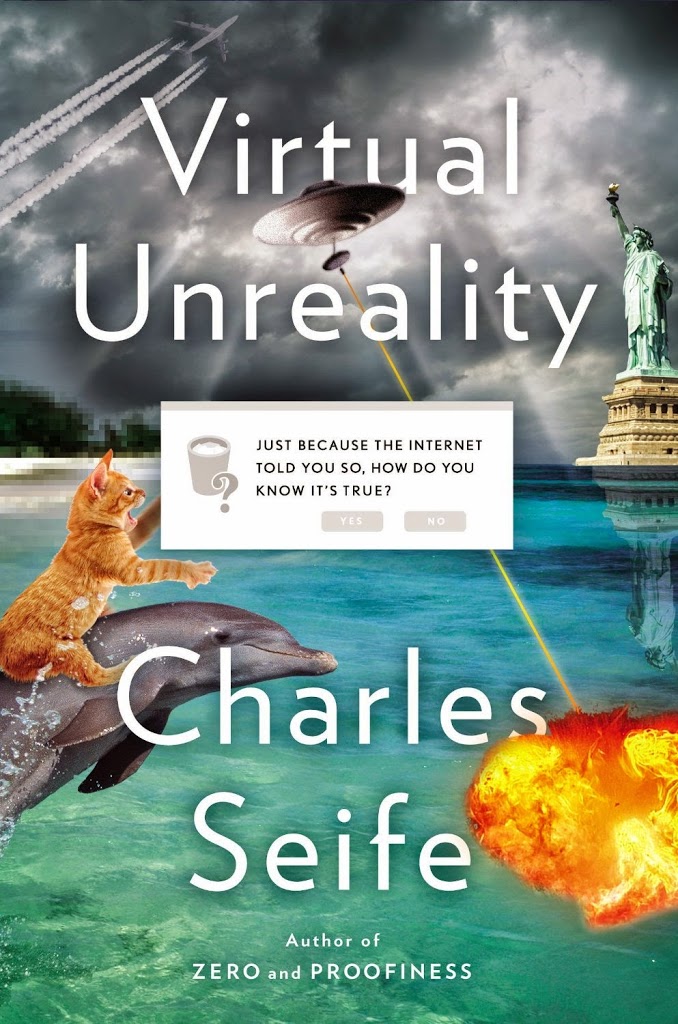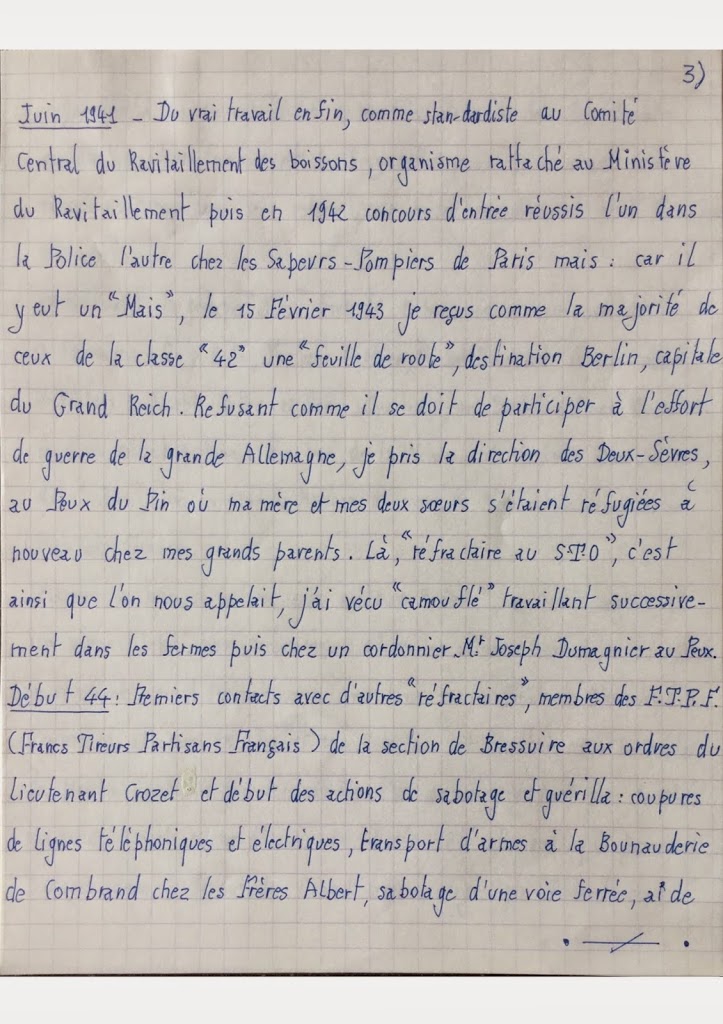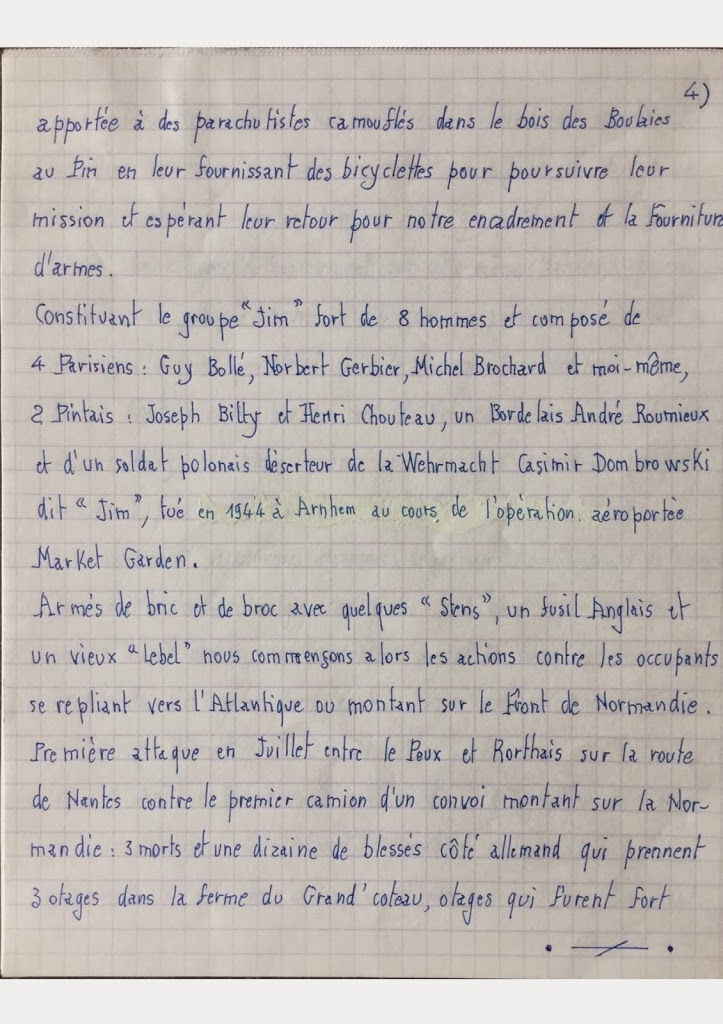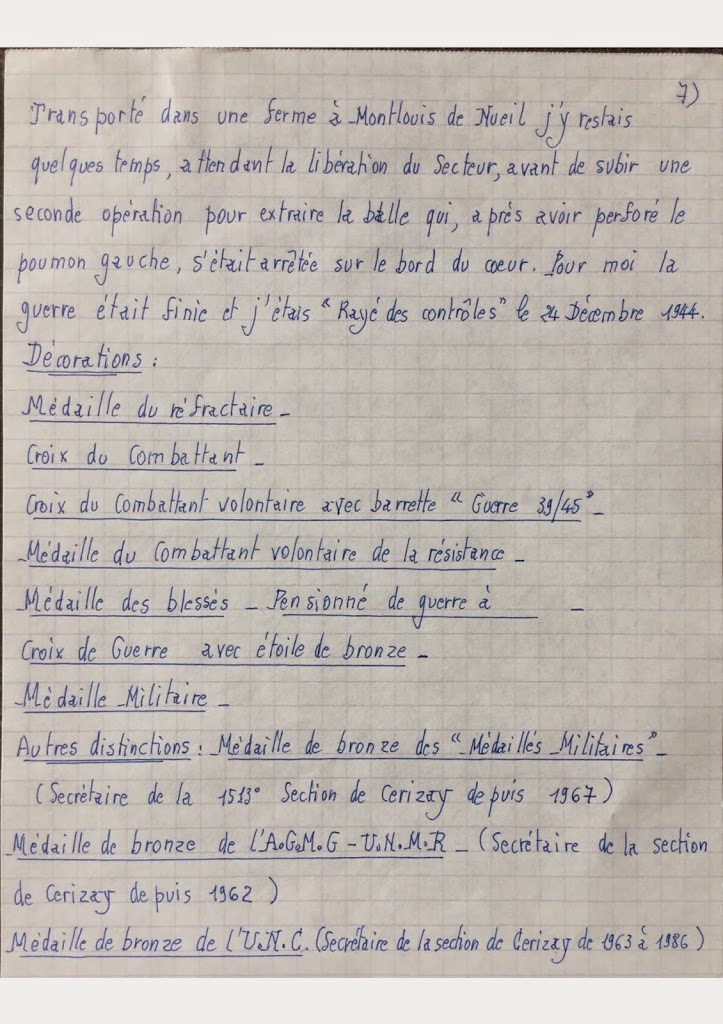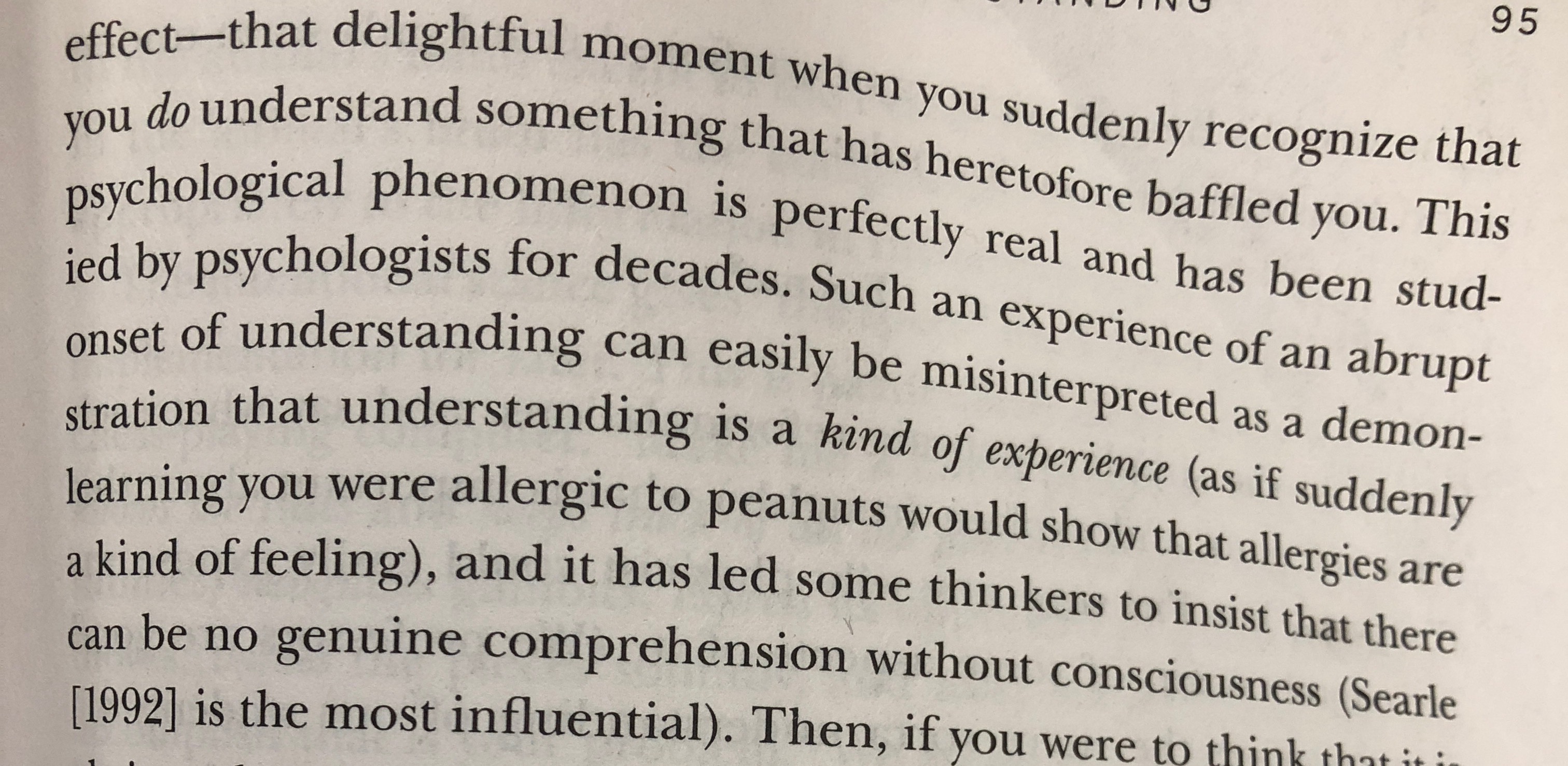
Author: consciencebots_6h4oq0
Interesting quote
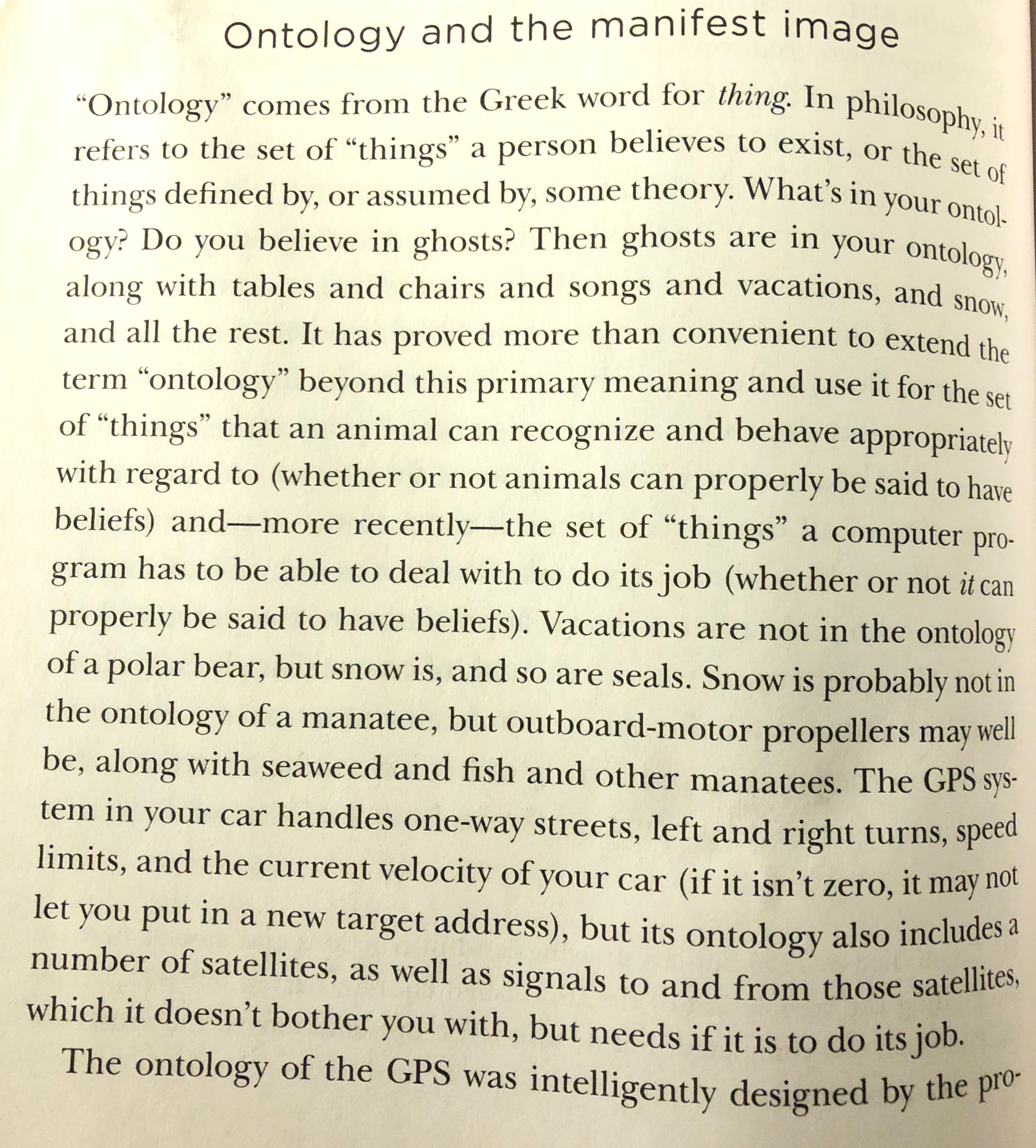
Interesting quote
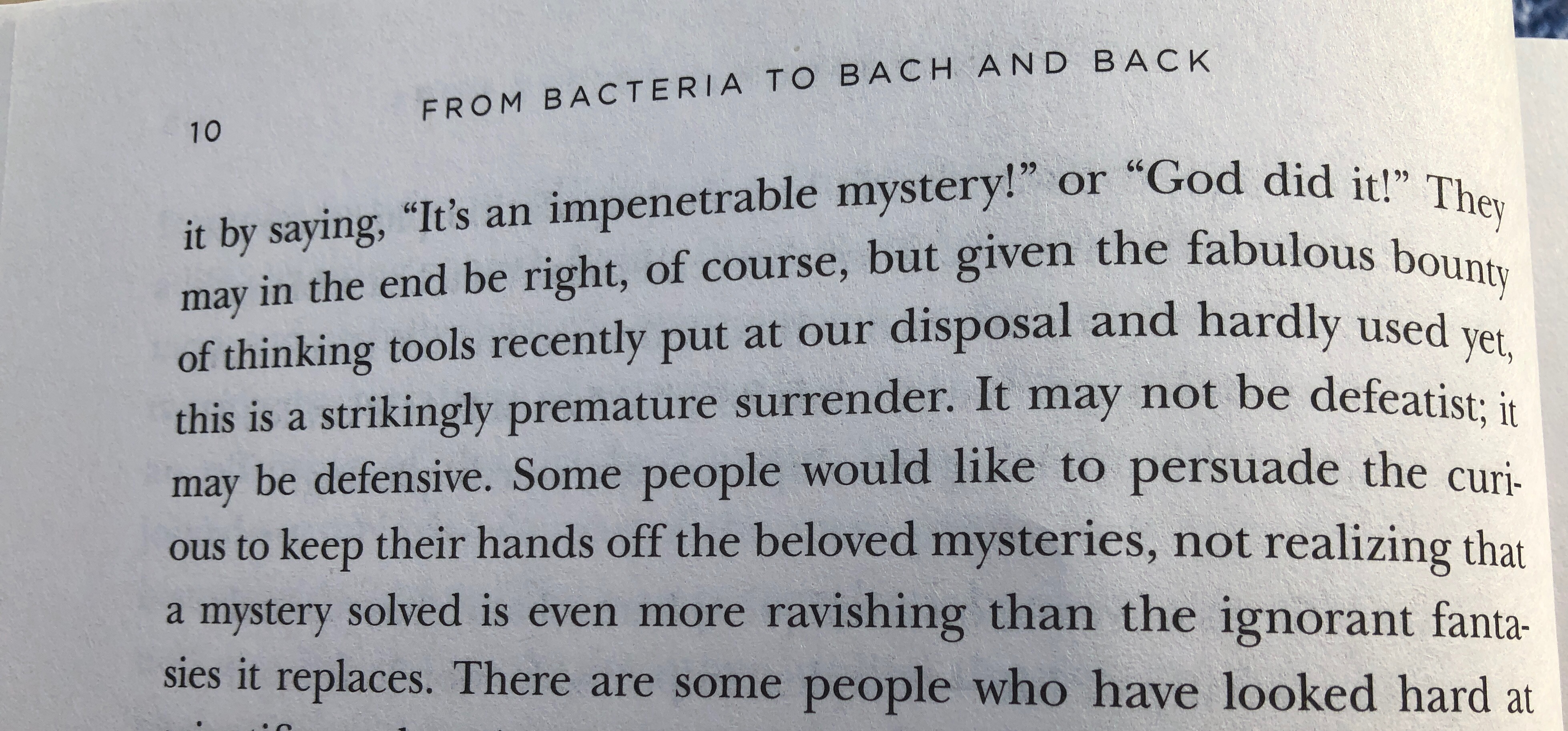
Aligning people towards their objectives – The OAR principle
It is pretty obvious (though far from always being done) that individuals’ goals should be aligned with the organization’so objectives. But we also have to pay attention to ensuring they have the proper resources (including abilities, skills), and the proper authority to be effective when pursuing their goals. Just consider the cases when you lacked either or both authority and resources to achieve your objectives, and think how frustrated and helpless you felt.
So … We should design our organizations in a way that align folks’ “OAR”s :
– their Objectives
– their Authority
– their Resources
Of course I am assuming here that people who have control over their destiny will be more productive than if they are frustrated and helpless. Some leaders believe in politics and FUD instead, that is another problem altogether
Virtual Unreality by Charles Seife – your guide to the internet revolution
Just read “Virtual Unreality” by Charles Seife. Don’t be deceived by that book’s silly cover, the content is really solid, it’s a real “Guide to living in the Internet Era”!
There is too much great content to summarize, and the book reads very very well, so let me just list a few of the things that are covered :
– how the ability to copy information reliably, at no cost, and instantly, creates a new paradigm shift, equivalent to the Gutenberg printing press.
– how that allows fast the spreading, and persistence, of hoaxes, crazy theories, and generally false information
– the multiplication of fake identities, “sock-puppets”, and AIs pretending to be real humans
– the reinforcement of beliefs and increasing isolation of different groups, as their sources of informations becomes more and more focused towards catering to their particular credos
– gamification and social networks
In a world of massive data availability, we need help in finding the information that is relevant to us. But so far, real “curators” have lost to bots and money-driven schemes, which poses a real threat, as we become literally manipulated and end up wasting our time and intelligence to the profit of others. As a result, we better become aware of how information is being served to each of us, and learn how to control our destinies in this new world ! This will make the difference between the Internet spurring the birth of a new Age of Enlightenment, or our heading towards a true Idiocracy.
Words from my grand-father
His name was Charles Albert. He was a gentle, funny, loving man. He had an influence on the people around him that few famous people or big leaders have had. His “claim to fame” was his fight in the french resistance, and he jotted down a few pages on that after he retired, which my grand-mother (another amazing person), has kept very preciously.
“Fixing the world” is essentially a long term endeavor.
We should focus any “improve the world” action on long term levers, which will not fix everything in one go, but will have tremendous force over one generation. eg education of girls.
Transparency and high-tech monitoring – a silver bullet against human rights abuses ?
There is a view that we would put high-tech gizmos everywhere in the world to monitor what’s happening, as a way to prevent abuses of human rights. This seems like a silver bullet, but is it really ? We are seeing so many images now of human rights abuse around the world, that our inability to fix the issues might just desensitize us to these, and accomplish the very opposite of what we would like to achieve.
A new kind of social contract – “opt-in communities” vs geographical nations.
Could we in the modern world create new kinds of communities, gathering individuals who “opt-in” and adhere to a set of agreements ? These would define the rights of the community and of the individual. The community could define criteria for accepting folks in, but there would be a non-negotiable right for members to “opt-out” freely if they so choose.
This would gradually erode the legacy we have of geographically and ethnically defined communities, and move another step closer to true individual freedom of choice. It would also create stepping stones towards full “Human Rights”, for countries like China, by focusing on ensuring a small subset of “non-negotiables” eg no torture, freedom to leave a community, but leaving the other aspects of community policies to be defined by each particular culture or community.
Keeping a nation together.
Countries where different groups become isolated will have trouble with their democratic institutions. eg in France, folks who have permanent jobs cannot be fired, those who are on temp jobs stay on those or are unemployed and cannot access permanent jobs, people working in public service do a career there and never work in the private sector … All these create groups with irreconcilable differences of interests …


